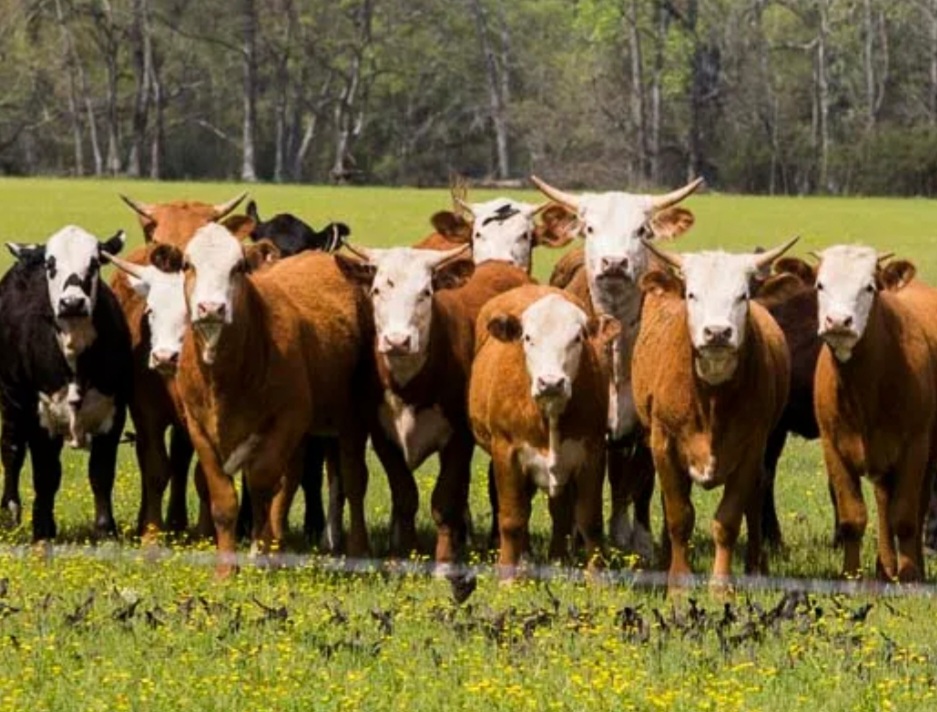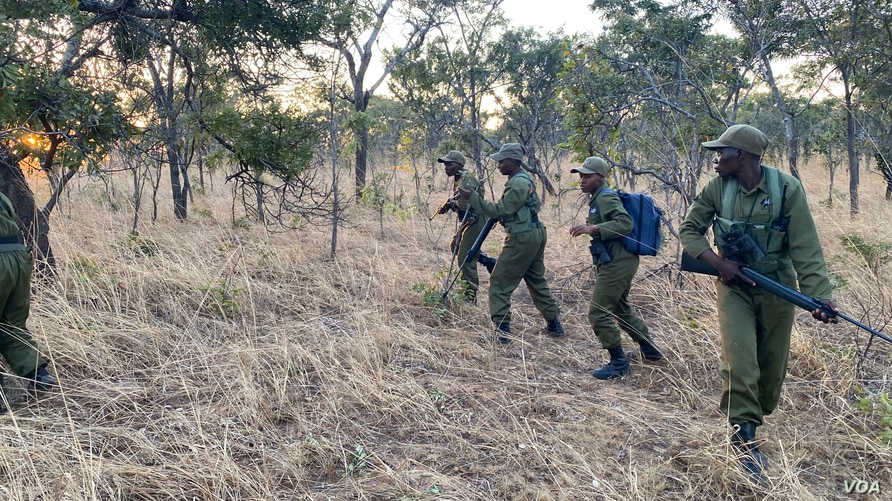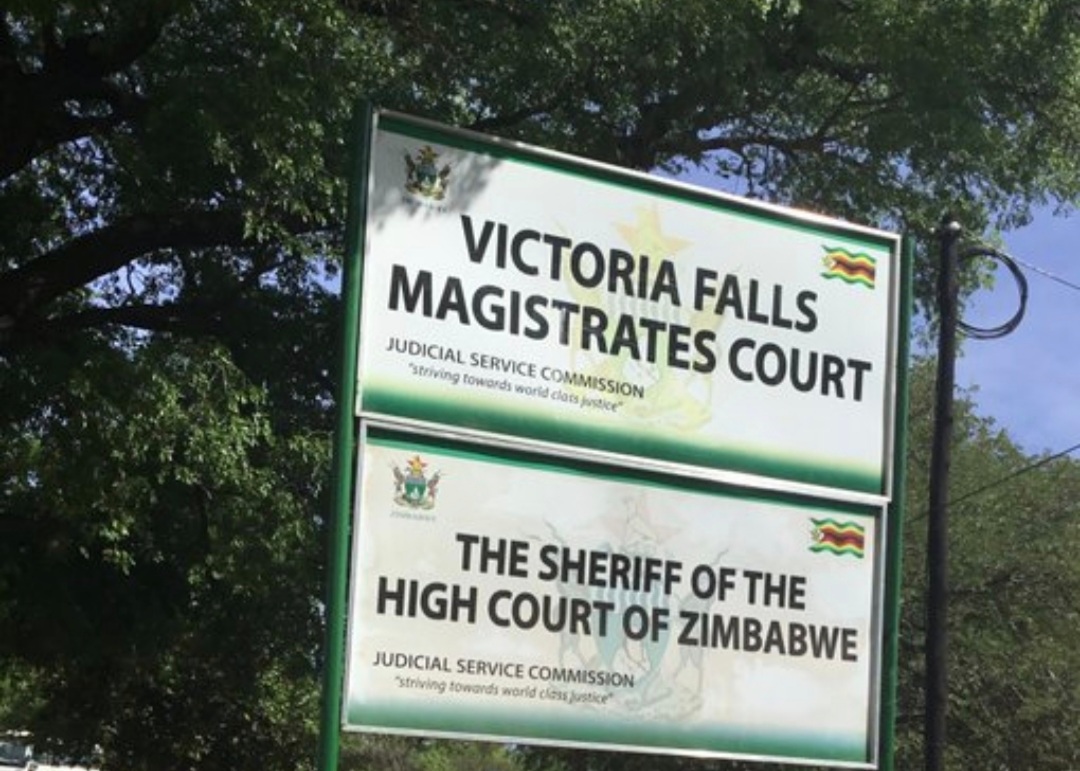BY AWAKHIWE KHUMALO
Hwange villagers have expressed frustration over what they say is failure by authorities to tackle mass cattle deaths, which they say began as far back as 2019.
The villagers from the Chief Mvuthu area said they were told that their cattle were succumbing to the heart water disease, but no concrete steps have been taken by the Veterinary Services Department to curb the disease since then.
Heart water disease affects wild animals and livestock such as cattle, sheep and goats.
It is caused by the bacteria Ehrlichia ruminantium and is spread by ticks.
The disease causes death of the infected animals and is widespread in African countries, including Zimbabwe.
Farmers across Zimbabwe have been losing cattle in large numbers due to tick borne diseases as a result of irregular dipping patterns.
Given Moyo, the councillor for Kachechete, told VicFallsLive that a number of villagers in his area had seen their entire herd being wiped out by the mysterious disease.
“This disease started spreading in 2019 and it killed a lot of cattle during that year, “Moyo said.
“It resurfaced again in 2020, causing some serious havoc and again in 2021 it caused the same damage.
“It is also killing a lot of cattle this year and l am one of those, who had their herds wiped out by the disease.
“The cattle become sick for only a few days and they die. Some die within a day of falling sick.”
Ntandoyenkosi Gumede, a Kachechete villager, said last month he lost four herd of cattle within days.
“We have been losing cattle every week as villagers and last month, l lost four of my cows in a space of two weeks,” Gumede said.
“This disease usually affects one area for a certain period, before spreading to another area.”
Moyo bemoaned lack of action by the authorities despite numerous distress calls by villagers.
“We reported this matter to the veterinary services and a representative came to assess the situation
“He came to the conclusion that it was the heart water disease that was causing the deaths,” he added.
“We were not satisfied by the way he handled the matter because he did not take any blood samples to a science lab to find out what is really killing our cattle.
“The conclusion was based on assumptions and no action was taken after that.”
Moyo suspects the cattle could be victims of diseases transmitted from wild animals that roam free in the area.
“We strongly suspect that the cattle are getting these diseases from wild animals,” the councillor said. “At the pastures they regularly come across buffaloes, lions and other wild animals.”
The Veterinary Services Department in Hwange said it was yet to receive reports about the cattle deaths.

 Slider3 years ago
Slider3 years ago
 National4 years ago
National4 years ago
 Opinion3 years ago
Opinion3 years ago
 Tourism and Environment4 years ago
Tourism and Environment4 years ago
 National2 years ago
National2 years ago
 National3 years ago
National3 years ago
 National2 years ago
National2 years ago
 National4 years ago
National4 years ago



